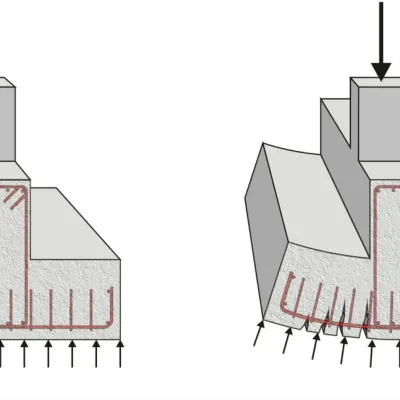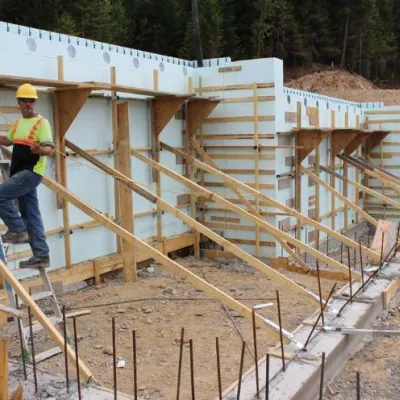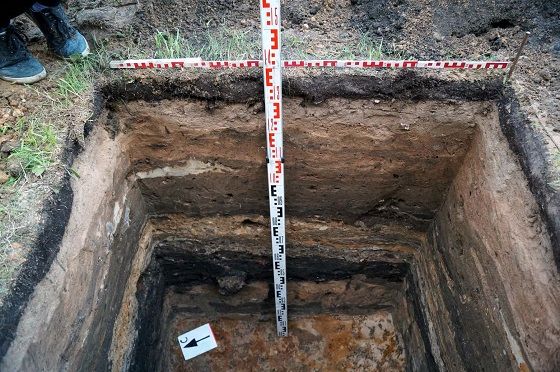Cost-effective and straightforward, but limited in design capabilities. A wall on grade is just as simple as it sounds. If the soil's bearing capacity is moderate to high and the load from the structure is light, then a typical spread footing can be omitted. An "8" wide foundation wall is used in most foundations, so the bearing area would only be .66ft per linear foot. If the soil bearing capacity is 2,000psf, the foundation could only support 1,332plf, including the foundation wall's weight. Therefore, in most situations, the wall on the grade foundation can only support light structures.
I have used a wall on grade foundation for detached garages and tiny homes when saving every dollar counts. The walls can be constructed by trenching and setting forms as needed above grade or excavating for a typical crawlspace and setting structures for the depth required for frost depth.
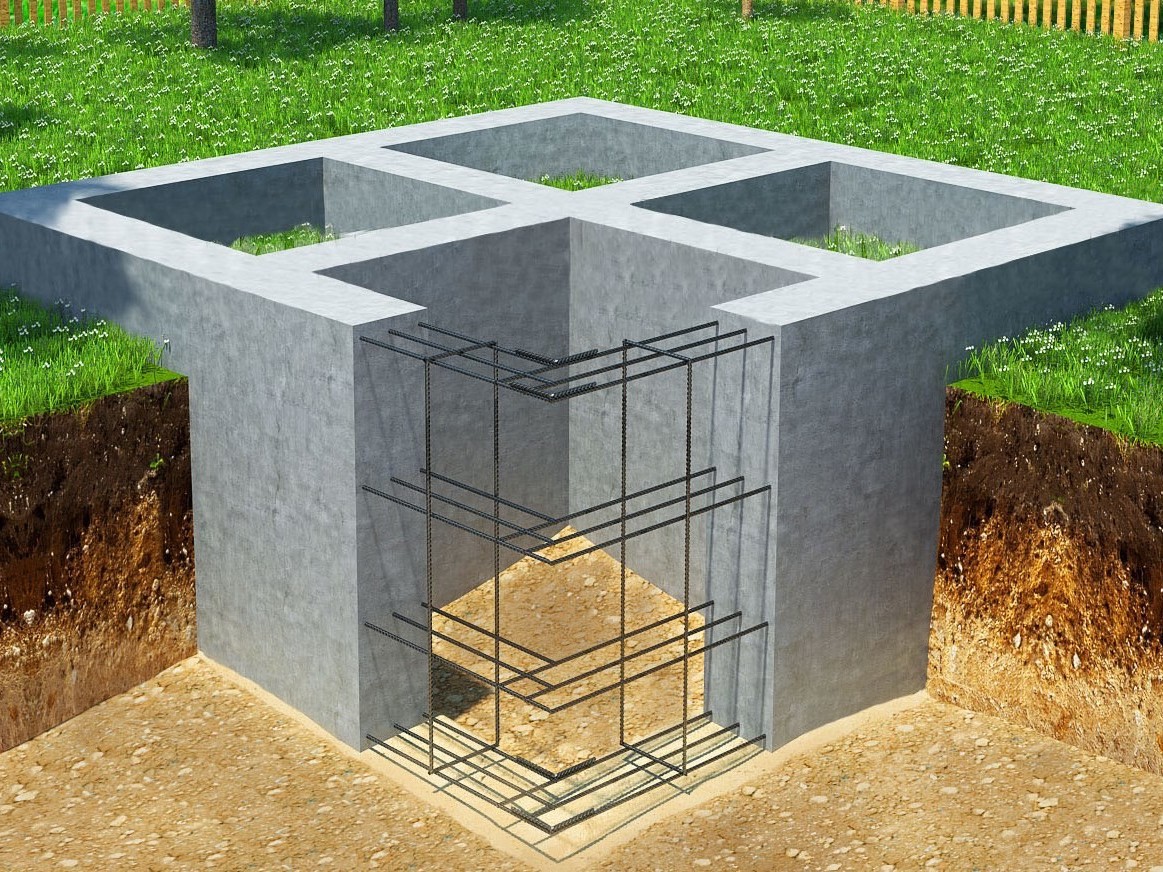
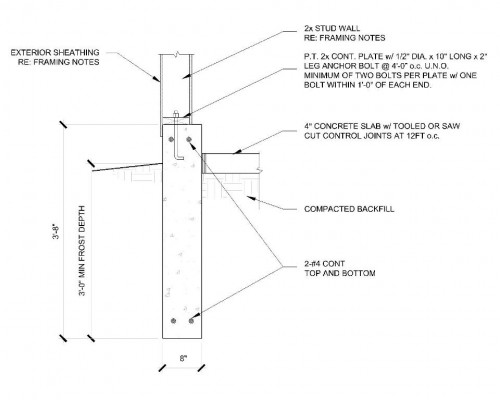
The wall width does not need to be only 8". You may find it cost-effective to use a wall on a grade that is 10" or 12" wide for a 36" tall wall in place of a spread footing. The concrete volume may be higher for the wall on grade as the wall's width increases, but you can construct the wall with a single pour instead of two pours, footing then foundation wall.
Some people confuse a wall-on-grade foundation with the same foundation type as a turndown edge slab-on-grade. The difference between a wall on grade and a slab-on-grade is the separation of the slab's foundation. For "a wall on grade," the bearing area is only of the wall, and for a slab-on-grade turndown edge, you can also take into account a percentage of the slab surface forbearing. You can read more about the slab bearing area from a previous discussion about post-tension slab on grades and bearing area.
PROS
Cost-effective
Common Construction
Low Tech
CONS
Fails with Swelling Soil
Limited Design Capacity
